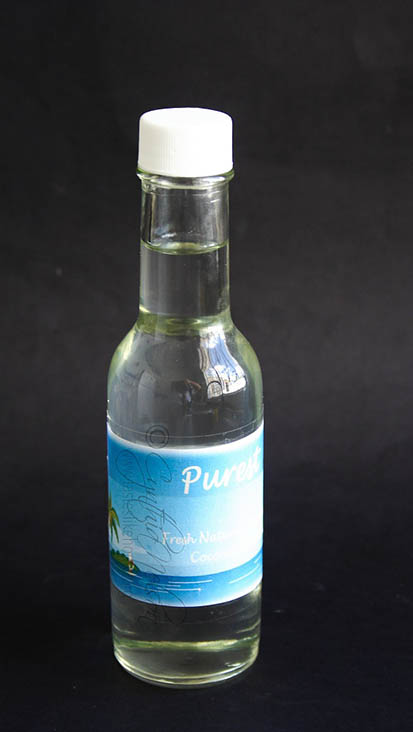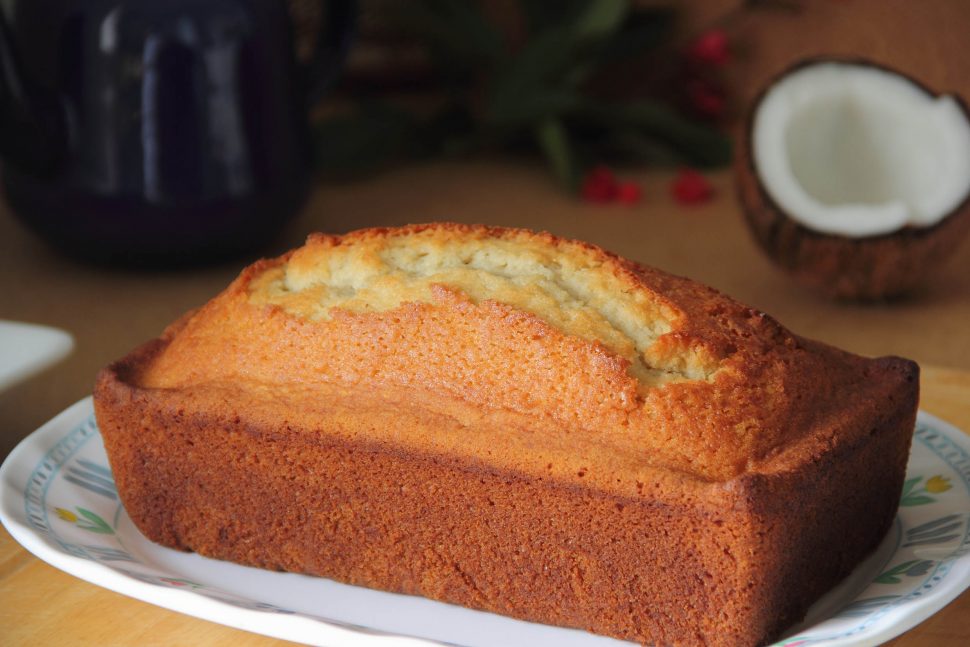I’m sure you must have read or heard of the recent news report coming out of the lecture: ‘Coconut Oil and other Nutritional Errors’ by Dr Karin Michels in which she declared that coconut oil is “pure poison” and “one of the worst foods you can eat”. Dr Michels is Director of the Institute for Prevention and Tumor Epidemiology at the University of Freiburg and Adjunct Professor at the Harvard T H Chan School of Public Health, and perhaps it is because of her stature that the story immediately went viral. But reactions have been mixed.
There has been confusion from people who regularly buy and consume coconut oil. And there has also been condemnation from small-scale producers and countries for which coconut oil is their livelihood and lived experience. As at the writing of this column, India’s Horticulture Commis-sioner has written to the dean of the Harvard T H Chan School of Public Health asking for “corrective measures” to be taken and a retraction of the comments. Understandably, India and other members of the 18-country Asia Pacific Coconut Community are concerned about the impact such a comment could have on the industry. Think about that. A couple of sentences pulled from a lecture in one of the richer countries can put the livelihoods of many, many of people all over the world in jeopardy in a snap!
Here in the Caribbean we have been mostly quiet. So let me add some Caribbean wisdom into the mix.

My mother always says, “too much of a good thing ain’t good for nothing!” Roughly translated, it means no matter how good something is for you, if you have too much of it, it can end up harming you. Well that is what has happened, especially in the rich countries. Coconut oil became a fad and they overdid it, like they always do! Coconut oil made a comeback on the international food scene around 2011, after decades of derision and active avoidance. It was no longer the domain of specialty health food stores but mainstream supermarkets. Coconut oil took its place on the shelf alongside Olive oil, Canola and other cooking oils. Touted as a superfood and cure-all, A-list celebrities, popular fitness instructors, olympic athletes, doctors (including the controversial Dr Oz) and yes, a Kardashian too, endorsed, celebrated, and dare I say, venerated coconut oil. Those of us around the world familiar with coconut oil, sighed, and waited for the obvious – the rise in price, and the squeezing out of small producers for imports.
But it was this over-stimulated, celebrity endorsed, high-profile attention advocacy that Dr Michels seemed to be challenging. The celebrity-fueled fad, together with the quest to eat healthy and lower the risk for diseases prompted many people to go to the extreme. They would use coconut oil exclusively for cooking and baking; stirring fragrant, nutty tablespoons-full into smoothies and morning coffee. Stop. Use it, but don’t overdo it. Here are the facts.
Fact: Coconut oil, like butter, lard, and palm oil is a saturated fat.
Fact: Coconut oil does have a higher percentage of saturated fat than butter and lard. However, that does not make it a poison of any sort. Here’s another fact – some foods are higher in calories (fat, protein, carbohydrates) than others. As I have said, over, and over, it is how we treat foods that determines their impact on our overall well-being.
The thing is, we in the Caribbean know this, we have always known this. Like many people all over the world for whom coconut oil has always been just a normal part of their daily lives we know that it is good for some things but that is not to be used in everything. Why do we allow the trends created in North America and in Europe to undermine what we have known for centuries?
Do not give in to food trends and fad diets, they are not sustainable, and often end up doing more harm than good. Coconut oil is a saturated fat. In some people, and I repeat for emphasis, in some people – based on their genes, metabolism and lifestyle – coconut oil behaves slightly different than other saturated fats by increasing high-density lipoprotein cholesterol (HDL), also known as “good” cholesterol. The healthier our cholesterol level, the lower the risk for heart disease and blockage of arteries in our bodies.
Here is the thing – our bodies need some fat from food. It is a major source of energy and it is needed to absorb the fat-soluble vitamins and minerals. We need fat to build cell membranes (the vital exterior of each cell); it is also essential to blood clotting, muscle movement and inflammation. All oils are fats, but some are healthier than others, and for long-term health, wherever and whenever we can, we should strive to use more of the good fats/oils – monounsaturated (canola, avocado, peanut) and polyunsaturated (sunflower, vegetable, corn).
Coconut oil is not “pure poison” and it is not “one of the worse foods you can eat”. However, understand that adding coconut oil to everything does not make it healthier. As I have said, it is a saturated fat and in keeping with a healthy diet, we should moderate our intake of saturated fats.
Cynthia


